Motorists: Waivers, Extensions, and Exemptions
Home > Motorists > Waivers, Extensions, and Exemptions > Other Vehicle Exemptions
Vehicles Exempt from Emissions Testing
Certain vehicles are exempt from emissions testing and therefore, do not require an emissions inspection. Those vehicles include:
Vehicles with a gross vehicle weight rating (GVWR) of more than 8,500 pounds.
If the tag office states the vehicle must be tested, the motorist must complete the GVWR Letter Application (see GVWR Application section below) and present the vehicle for a visual inspection at a GCAF Customer Service Center.
Once the GVWR letter is issued, the motorist can use the GVWR letter when registering the vehicle in lieu of presenting proof of inspection.
Vehicles operated exclusively on diesel or another alternative fuel, e.g. natural gas, propane, etc.
Note: Bi-fuel or flexible fuel vehicles must be tested if one of the fuels burned is gasoline.
The three most recent model year vehicles.
For registration in 2024, this includes all 2022 and newer model year vehicles.
Antique or collector vehicles.
Vehicles 25 model years old or older are exempt from the emissions inspection. For vehicle registrations in 2024, this includes model years 1999 and older.
Motorcycles, recreational vehicles (RVs), and motor homes
Diesel vehicles
Apply for GVWR Letter
Gross Vehicle Weight Rating (CVWR) Letter Applications may be submitted electronically. Another option is to print the required forms. You may complete them and submit the forms in-person at any GCAF Customer Service Center or select metro Atlanta tag offices. The online and print versions are available in the Application section below.
After GCAF determines your application is complete and the supporting documents meet the requirements, your application will be conditionally approved. In order for the application to receive final approval, the vehicle and proof of ownership documentation must be presented at one of our GCAF Customer Service Centers for a visual inspection.
Required Documentation
GCAF only accepts documentation in English; documents in other languages will not be accepted. Additional documentation may be required in order to process the request for a GVWR Letter.
The following documentation must be submitted when applying for a GVWR Letter:
A completed GVWR Letter Application.
Copies of the following (scans, camera photos, etc., are acceptable but copies must be completely clear and readable):
Proof of ownership of the vehicle (in the form of a copy of the vehicle’s Georgia registration or renewal notice (current or from last year), or the vehicle’s Georgia title). Any of these documents are acceptable as long as the vehicle identification number (VIN) is included.
Application
Get started by opening the application. You may complete and submit it online, or print the application and then complete it and hand it in in-person (see Next Steps below).
Timeframe
If you submitted your application online, you’re all set for now. If you printed the application and completed it, please hand it in at any GCAF Customer Service Center or select metro Atlanta tag office convenient to you.
Please allow three (3) business days for a response. Applications are processed in the order in which they are received.
NOTE: If the application packet is complete, it will be processed within 3 business days. If the application packet does not contain all applicable documents required by the extension, exemption, or waiver, or the documents were not verifiable, the applicant will be notified, and the processing time will take longer. When the correct documentation is received, the processing time resets to the times outlined above. After 30 days of non-response/inactivity, applications lacking acceptable and required documentation will be deemed incomplete, denied, and closed by GCAF.
The applicant will receive a confirmation number for an online submittal to acknowledge a successful transmission. Please use this number when referring to your application. The applicant will be contacted once the application (or extension, exemption, or waiver) is processed.
